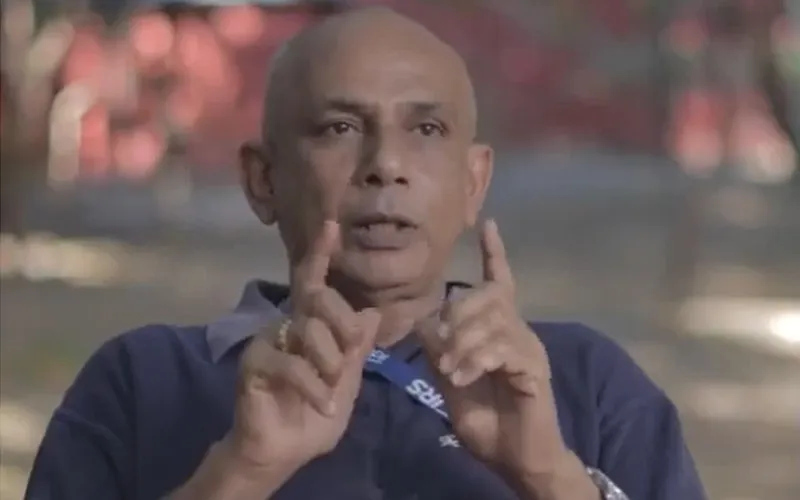Nairobi, 18 April, 2021 / 11:00 pm (ACI Africa).
The leadership of the international refugee organization of the Society of Jesus (Jesuits), Jesuit Refugee Service (JRS) has, in a documentary, explained how it is reaching out to children with special needs living in the world’s largest refugee camp, Kakuma, located in Northern Kenya, within the Catholic Diocese of Lodwar.
Through the JRS Special Needs Centre located within the 29-year-old camp, officials of the refugee agency are supporting children with cognitive and intellectual disabilities by offering them education as well as protection, they say in the April 14 video documentary obtained by ACI Africa.
According to JRS Project Coordinator at the refugee camp, Fr. Lasantha Deabrew, children at the Centre are taken through two programs before they proceed to join mainstream schools.
Through the non-formal education program, JRS’ teachers offer an integrated way of looking at the children’s lives through inculcation of values, engagement in recreational activities, as well as accompaniment, Fr. Deabrew explains.
The second program involves occupational therapy, through which the teachers help the children with special needs to improve the skills they need for everyday living at the camp that is home to an estimated 200,000 refugees, majority of them from the world's youngest nation, South Sudan.








